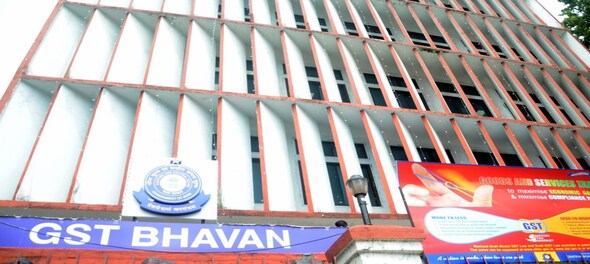
Authored by: Rajat Bose and Ankita Bhasin
From October 1, 2020, E-invoicing is being introduced for businesses having a turnover of Rs 500 crore in the previous year. This is a significant step towards digitalisation of the economy, which amongst others, is expected to curb tax evasion and provide the government with invoice related information in real time. With the introduction of e-invoicing, B2B transactions will be authenticated electronically by GSTN leading to transparency.
The concept note that was released by the government provided that a standard of e-invoicing format is a must to ensure complete interoperability of e-invoices across the entire GST eco-system including eliminating the need to punch in data afresh. Once, e-invoicing is in place, the data for the periodic statutory returns would also be auto populated.
While the benefits of e-invoicing are widely acknowledged and the businesses have been working day and night to get system ready for e-invoicing, like every transition, this myriad shift is also plagued with its share of issues.
E-invoicing has a direct impact on businesses as it regulates the invoicing cycle—a document without which supply chains will come to a standstill (as GST law require that supply of goods should be made under the cover of an invoice). As the generation of the invoice reference numbers (IRN) is dependent on the National Informatics Centre, any latency is bound to cause delays in the supply chain and hamper business functioning.
Also, a consequence of non-validation of an invoice is that such invoice will not be treated as a valid invoice and may attract penal consequences for every instance of non-compliance for the supplier and loss of input tax credit for the recipients. As the success of e-invoicing is dependent on the accuracy and speed of the portal, it is imperative that the system is robust enough to ensure no untoward delays are caused in the supply chains.
As has been agreed and acknowledged by all stakeholders, this shift requires significant changes to be made in the ERP systems of businesses and thereafter undertake test runs of the workability of the changes, proper sandboxing and pilot testing etc.,—all of which are complex operations requiring investments of time to perfect each step. With the Government tweaking and making constant changes in the sandbox and programs including releasing application programming interface with improved validations, barely a week before the go live date does not give businesses enough time to adopt such changes in the ERP systems—which requires a diverse nature of other changes to be made in parallel in the accounting environment.
Added to this, the businesses are also required to be system ready for the generation and printing of dynamic QR code on B2C invoices (which unlike B2B invoices is required to be self-generated by businesses). While this requirement was introduced in March 2020, there was no clarity on the contents of the QR code until very recently. Even now, the businesses are unsure of the exact changes that are required to be carried out in the ERP systems for the purposes of introducing this requirement and in parallel to the e-invoicing, are fraught about this requirement as well.
Despite the businesses planning their implementation, they are still struggling on account of the frequent changes being made by the government, to be fully ready for this sea change. Businesses have made requests to the government for deferment—which has been turned down on multiple occasions—evincing the government’s resolve to move a step closer to the digitalization of the economy on the committed date.
In the interest of an error-free implementation, it may perhaps be worthwhile to introduce e-invoicing on a voluntary basis at least for a period of 1 to 3 months for the businesses to test the water. The advantage of offering such a trial period will be that it will provide businesses a hands-on experience on how the infrastructure provided by the government reacts with the complete load.
Further, any adaptation in the ERP system can be done during such a period. It will also give the government an opportunity to make suitable modifications in the system. It is critical for the government as well as the industry to work in tandem to make e-invoicing a success story. So far, the businesses have responded positively to the government’s call as and when required. It is now on the government to return the favour and be more receptive to the concerns of the industry.
—Rajat Bose is Partner and Ankita Bhasin is Principle Associate, Shardul Amarchand Mangaldas & Co. The views expressed are personal
Check out our in-depth Market Coverage, Business News & get real-time Stock Market Updates on CNBC-TV18. Also, Watch our channels CNBC-TV18, CNBC Awaaz and CNBC Bajar Live on-the-go!


Himachal Pradesh Lok Sabha elections: A look at key issues in the state
May 27, 2024 5:02 PM
Jammu and Kashmir witnesses highest poll participation in 35 years
May 27, 2024 3:03 PM
LIVE: INDIA bloc leaders likely to meet on June 1 to assess Lok Sabha poll performance
May 27, 2024 2:58 PM
Betting markets expect 310 seats for the BJP, says Raamdeo Agrawal
May 27, 2024 2:25 PM

